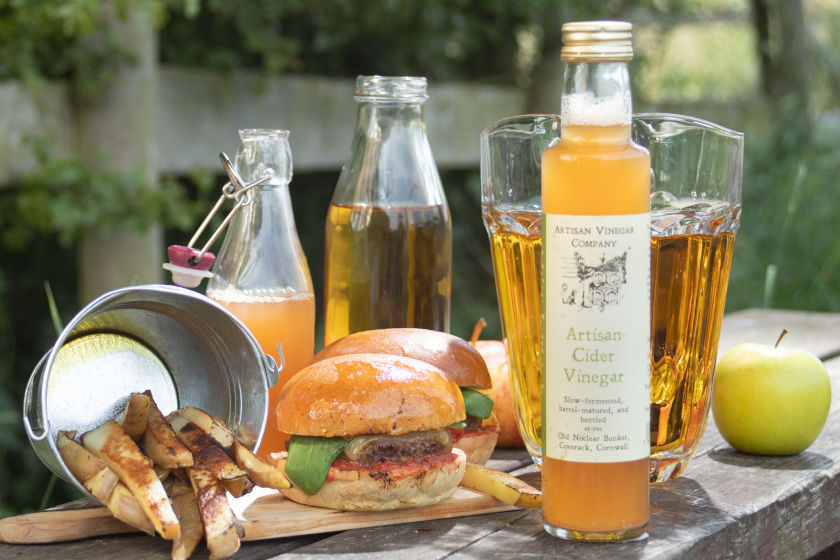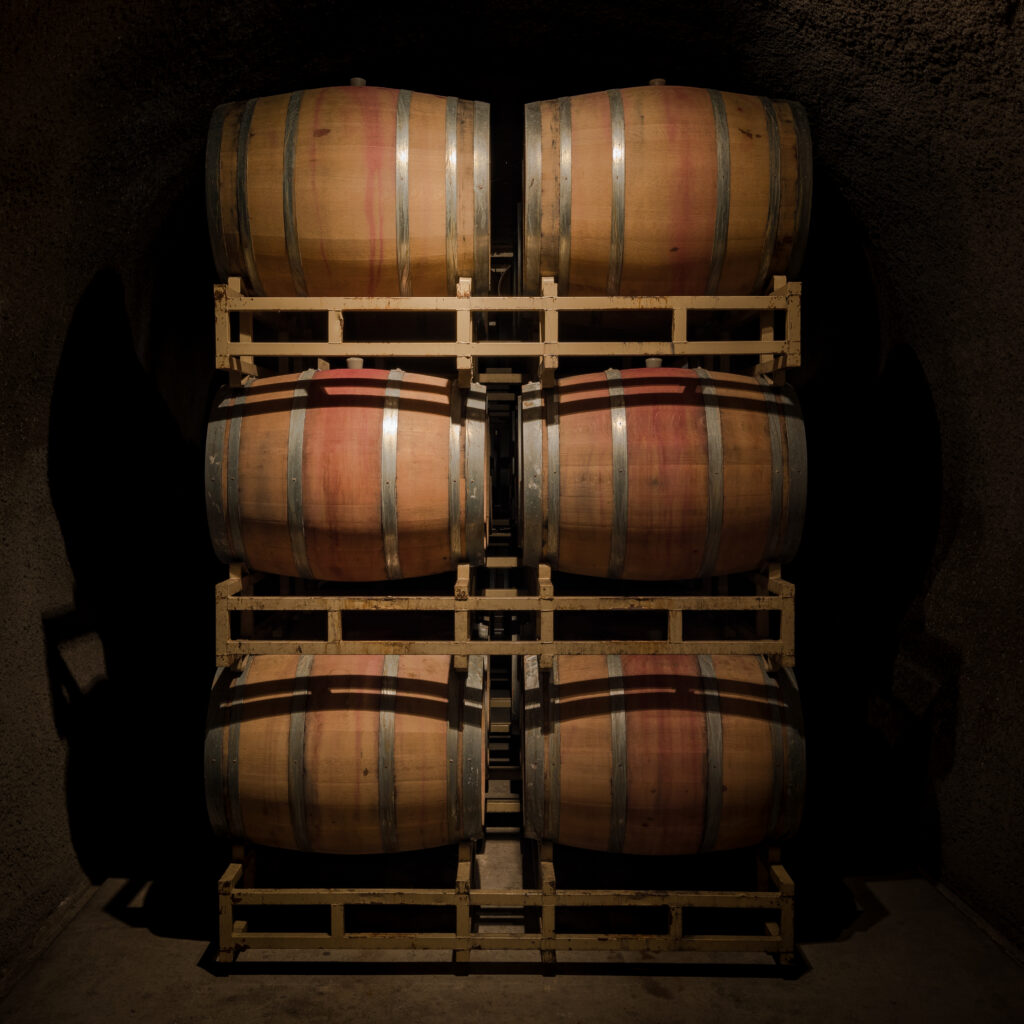Fruity vinegar is the secret to this super-simple salad

Anyone interested in health and health foods is likely to have come across the apple cider vinegar, or ACV, debate. It has simmered away for several decades, resurfacing every so often in news articles, blog posts, and even academia.
While some praise ACV's ability to lower fasting blood glucose, help with weight loss, improve gut flora, and strengthen the immune system’s defences against everything from E. coli to the common cold, others dismiss these claims as overblown, not backed by sufficient or even any research, and faddish. The debate is not settled — although it seems clear that ingesting ACV regularly is, at least, unlikely to harm you.
When ACV is touted as being specifically healthier than other types of vinegar, this is usually for one of two reasons. Firstly, with ACV being such a craze, it has simply had the most research dedicated to it: malt vinegar, balsamic vinegar, and others haven’t received the same level of attention.
Additionally, such claims often draw comparisons between raw, unfiltered, naturally fermented ACV and industrial white vinegar made using the submerged fermentation process. This is the industrial vinegar-making process which dominates globally (no wonder, as it turns a weeks- or even months-long process into a 24-hour one).

Of course, you might be wondering why all this is relevant to the Artisan Vinegar Company, given it doesn’t make a product called ‘Apple Cider Vinegar’. However, this is only because what Americans call ‘apple cider’ or ‘hard cider’ is simply known as cider in these parts. The Company does make a cider vinegar, and it's a classic, traditional ACV: made from Cornish cider apples first fermented into strong, dry cider and then converted into vinegar by a culture of healthy bacteria called the ‘mother’.
What’s more, all the Company’s other vinegars also bring the benefits of being made with nothing but fermented local fruit (or malt or honey). All are barrel-matured and sold ‘live’ — unpasteurised and with the mother.

So, is any vinegar good for you? Not necessarily. A lot of ‘fruit’ and balsamic vinegars are highly sweetened after fermentation, masking any health-giving benefits with a lot of extra carbohydrates. Distilled industrial vinegar, meanwhile, has almost no nutritional content, making it neither good or bad. You’ve got go to the real stuff (with the mother) to get the potential probiotic and other benefits.
In the end, the answer — as always — is, ‘It depends.’
– Beatrix Swanson
Fruity vinegar is the secret to this super-simple salad
The perfect accompaniments to hearty autumnal fare
I like to give as much advance notice as I can of our projected prices for the year ahead. We are fortunate in that nearly all of the vinegar we’ll be selling in 2026 is already made and in barrels by now – so it’s easier for us to set prices ahead than it is […]

The Old Nuclear Bunker,
Pednavounder,
Coverack,
Cornwall
TR12 6SE
01326 281135
info@artisanvinegar.co.uk